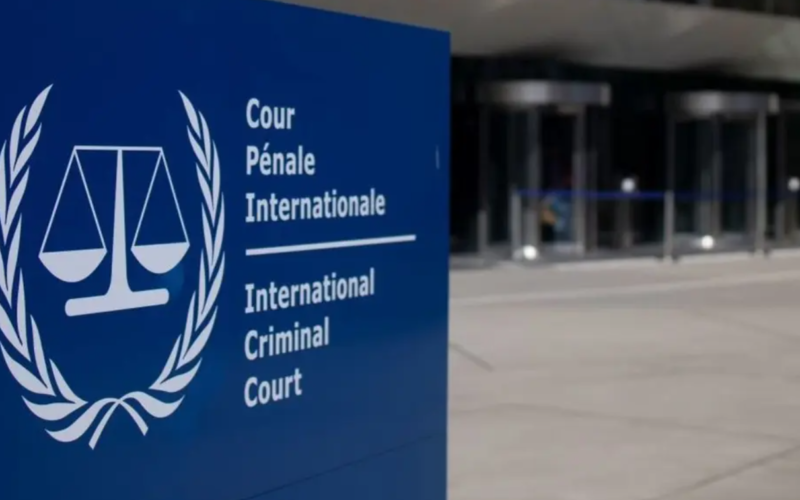Canada and the Netherlands have taken a significant step by bringing Syria before the International Court of Justice (ICJ), the United Nations’ highest court. The two countries are accusing the Syrian government of committing extensive human rights violations against its own citizens, including torture, sexual assault, and chemical weapon attacks. This legal action marks an effort to hold Syria accountable for its actions during the ongoing conflict that has caused immense suffering for the Syrian people.
The allegations against the Syrian government are grave and encompass a wide range of human rights abuses. According to the formal complaint submitted to the ICJ, since 2011, Syrians have endured torture, murder, sexual assault, forced disappearances, and chemical weapon attacks on a massive scale. The torture methods cited in the complaint include severe beatings, electric shocks, burnings, nail and tooth extraction, mock executions, and simulated drownings. The Netherlands and Canada argue that these atrocities are indicative of a systematic and widespread pattern of abuse.
The two-day hearings that commenced on Tuesday focused on the joint request by Canada and the Netherlands for an interim order from the ICJ. They are seeking an immediate cessation of torture and cruel, inhuman, and degrading treatment of the Syrian people while the case proceeds through the court, a process that could span several years. An interim order from the ICJ would hold legal weight and oblige Syria to halt these practices immediately.
Canada and the Netherlands have placed direct blame on the government of Syrian President Bashar al-Assad for the extensive torture and human rights violations. They argue that the consistent use of various torture methods at multiple locations throughout Syria points to a systematic and widespread practice originating from the highest levels of the Syrian government.
The ICJ’s orders are legally binding, but their enforcement can be complex, depending on the cooperation of the countries involved. In the past, such orders have not always been adhered to, but they serve as an essential tool in holding nations accountable for their actions on the international stage.
Furthermore, Canada and the Netherlands base their legal case on Syria’s breach of the United Nations Convention Against Torture, asserting that the convention’s conflict resolution mechanism grants the ICJ jurisdiction over the matter. This legal strategy underscores the significance of international conventions in addressing human rights abuses during times of conflict.
The move by Canada and the Netherlands to bring Syria before the ICJ reflects a determination to seek justice for the victims of widespread human rights violations. It is an essential step toward holding the Syrian government accountable for its actions during a brutal and protracted conflict that has caused immense suffering and devastation. The hearings at the ICJ will be closely watched as the international community looks to the court to address these grave allegations and promote accountability in the face of such atrocities.








